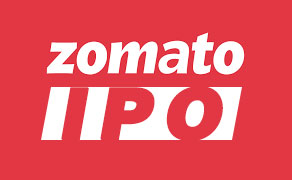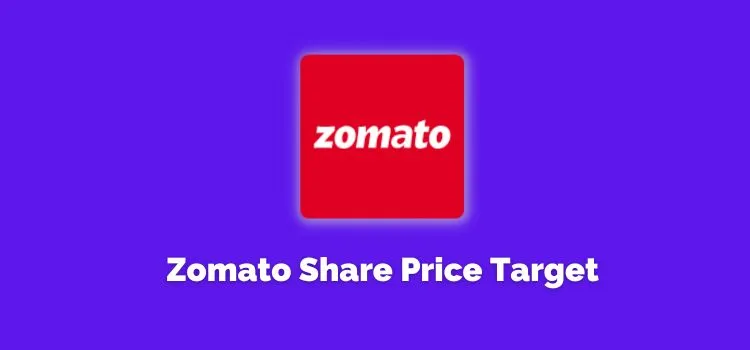Zomato share price
Deciphering the Zomato Share Price: What Investors Need to Know
In the dynamic landscape of the stock market, few companies capture attention quite like Zomato. As a leading player in the food delivery and restaurant discovery space, Zomato’s share price has been a topic of interest for investors, analysts, and enthusiasts alike. But what exactly does the Zomato share price signify, and what factors influence its fluctuations? Let’s dive in and unravel the story behind the numbers.
Keeping Up with YES BANK: A Look into Recent Developments secret 2024
**Understanding the Basics**
First things first, let’s break down what the Zomato share price represents. Essentially, it’s the current market value of one share in Zomato, as determined by supply and demand dynamics in the stock market. When investors buy and sell Zomato shares, they’re essentially expressing their confidence or concerns about the company’s performance, growth prospects, and industry trends.
**The Journey So Far**
Since its much-anticipated initial public offering (IPO) in [insert date], Zomato’s share price has experienced its fair share of ups and downs. Initially priced at [insert IPO price], the stock made a splash in the market, reflecting investors’ optimism about the booming food delivery industry and Zomato’s potential for expansion.
However, like many high-growth tech companies, Zomato’s share price has been subject to volatility. Market sentiment, industry trends, regulatory changes, and company-specific developments all play a role in shaping the trajectory of its stock price.
**Factors Influencing Zomato’s Share Price**

- **Financial Performance**: One of the primary drivers of Zomato’s share price is its financial performance. Investors closely monitor key metrics such as revenue growth, profitability, and customer acquisition costs to gauge the company’s health and prospects for future growth.
- **Competitive Landscape**: The food delivery and restaurant discovery space is highly competitive, with rival companies vying for market share and consumer attention. Changes in competitive dynamics, strategic partnerships, and innovations can impact investor perceptions of Zomato’s competitive position and long-term viability.

- **Regulatory Environment**: Regulatory developments, including changes in government policies related to food delivery, online platforms, and consumer protection, can influence Zomato’s operations and financial outlook. Investors keep a keen eye on regulatory updates and their potential implications for the company’s bottom line.
- **Market Sentiment**: Last but not least, market sentiment plays a significant role in driving short-term fluctuations in Zomato’s share price. News events, analyst reports, and broader economic trends can all sway investor sentiment and trigger buying or selling activity in the stock market.
**Looking Ahead*
https://ahrefs.com/
As investors evaluate Zomato’s share price and consider their investment decisions, it’s important to maintain a long-term perspective. While short-term fluctuations are inevitable, focusing on the company’s underlying fundamentals, strategic direction, and ability to adapt to evolving market conditions can help investors navigate the volatility of the stock market.

Ultimately, the Zomato share price is more than just a number on a screen—it’s a reflection of investor confidence, market dynamics, and the broader trends shaping the food delivery industry. By staying informed, exercising due diligence, and keeping a steady hand, investors can position themselves for success in the ever-changing world of investing.


















+ There are no comments
Add yours